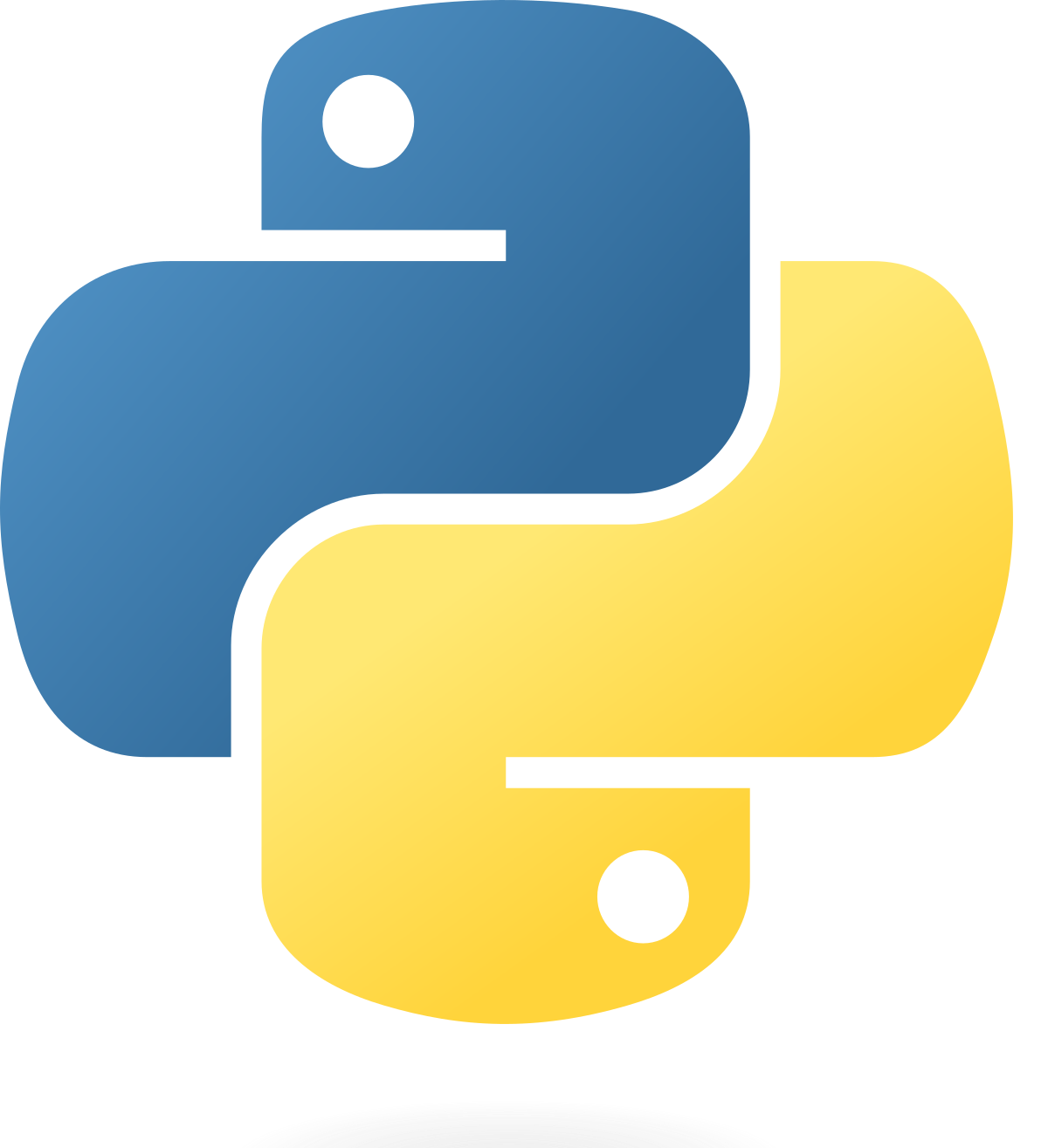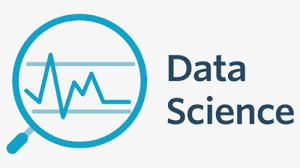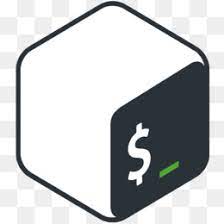This 4-week course introduces students to the programming language Python, where they will learn the mechanics and language of programming. The fundamental goals of the course are to learn how to take a programming class and how to program in Python. Additional goals include how to be a mentor for programming and be a responsible participant in our modern technological society. Students should take this course first and then progress to other Data Science courses.






